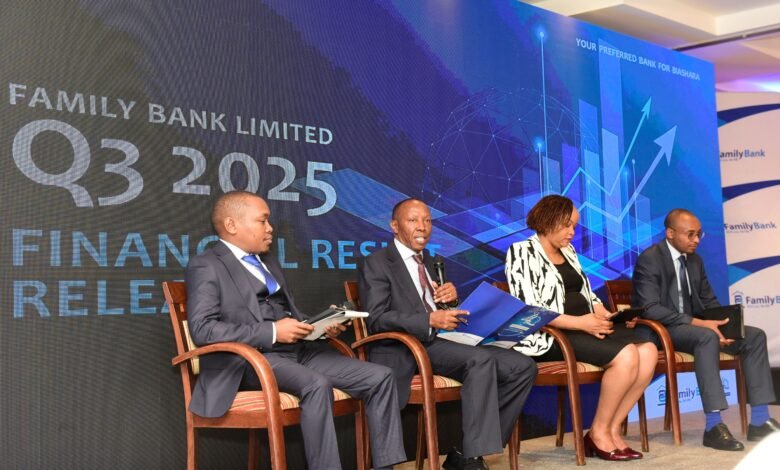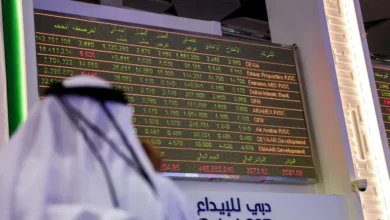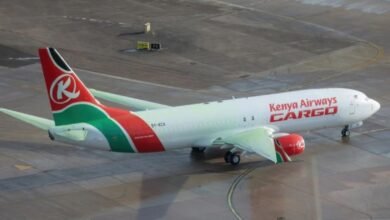
Family Group Chairman Lazarus Muema confirmed the institution is now entering its final phase of preparations to list on the Nairobi Securities Exchange (NSE).
The bank will join the NSE by listing its existing shares through an introduction in 2026, allowing current shareholders to trade their shares freely without raising new capital.
This move, which requires both shareholder and regulatory approval, is intended to increase liquidity and help the bank achieve its long-term goal of becoming a Tier One institution.
According to Muema, the proposed timeline began on August 19, 2025. On August 20, the board recommended the bank’s listing, followed by a shareholder meeting on August 27, which endorsed the resolution.
The bank expects to complete a comprehensive valuation in March 2026, ahead of regulatory approvals from the Central Bank of Kenya (CBK) and the Capital Markets Authority (CMA).
Trading on the NSE is projected to begin by June 2026.
To strengthen its balance sheet ahead of the listing, Family Bank initiated a rights issue and private placement programme.
Also Read: Family Bank Secures $20 Million from UK for Trade Financing
Results of the capital-raising efforts will be announced on November 30, with Muema expressing optimism that the outcome will catapult the bank toward a successful listing by introduction.
“Value the confidence in Family Bank and actively engage in the listing process,” said Muema.
The bank has a strong foothold in the SME, agriculture and manufacturing sectors, which form part of its 1.3 million-customer base.
News of its listing was announced at the lender’s financial results release for the nine months ended September 2025, during which it posted a 56% growth in profit to Ksh.4.7 billion at the Group level.
According to Chief Finance Officer Paul Ngarangari, shareholders’ funds increased to Ksh.98.2 billion, reflecting improved profitability and stronger capitalisation.
Loans advanced during the period grew by 10%, rising from Ksh.92 billion to Ksh.103 billion, with the bank disbursing an average of Ksh.1.8 billion per week to households and businesses across the country.
Government securities holdings also expanded sharply by 47%, from Ksh.50 billion to Ksh.70 billion, while interbank lending rose to Ksh.3.8 billion, a 14% increase.






Really interesting read! The future of online gaming is definitely leaning towards faster, more secure experiences. I’m curious about platforms like nino gaming casino and their quick registration-under 60 seconds sounds great! Plus, the focus on security with 2FA is a big win.
Vấn đề bảo mật luôn được thương hiệu quan tâm và đặt lên hàng đầu. Hội viên khi tham gia sẽ không cần phải lo lắng về vấn đề thông tin cá nhân quan trọng bị rò rỉ hoặc xâm nhập trái phép từ bên ngoài. 888slot game Đăng Nhập không chỉ thiết lập một loạt chính sách quan trọng mà còn cung cấp tính năng mã hóa bảo vệ đa lớp cùng hệ thống tường lửa thép đặc biệt.
Looking for AI tools? tyy.AI is a game-changer-easy to navigate and packed with useful solutions. Check out their AI Hashtag Assistant for a quick win!